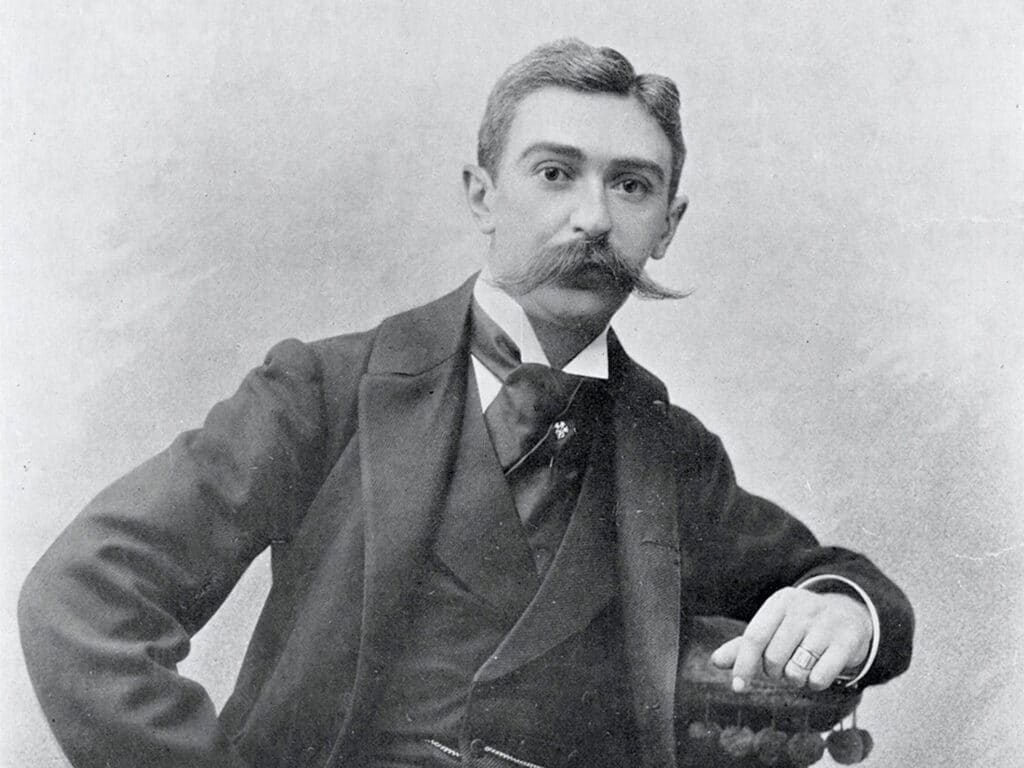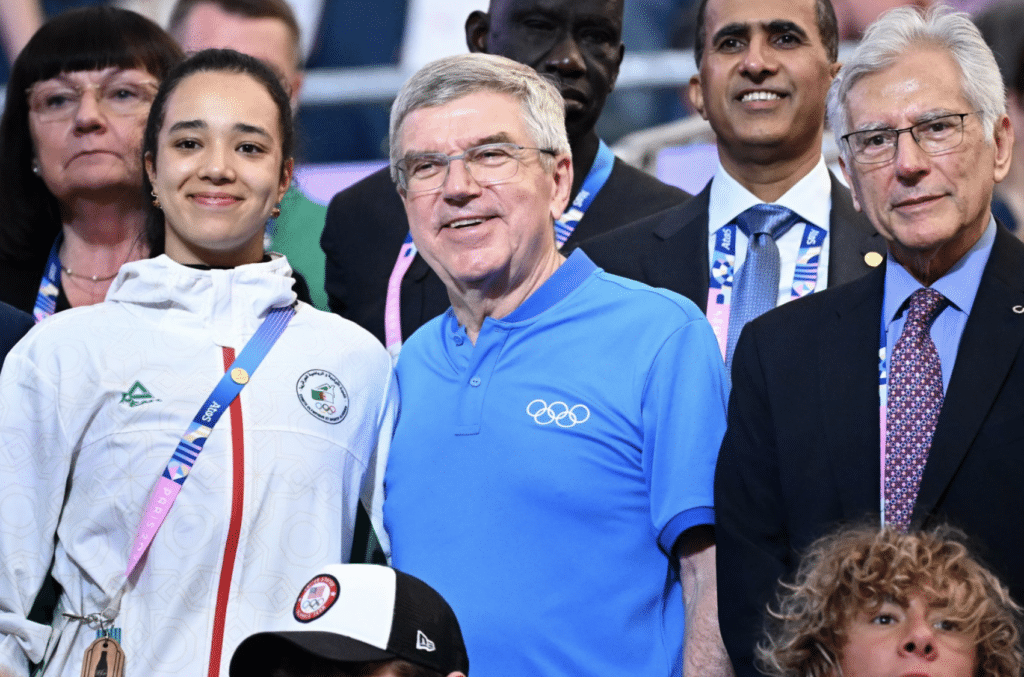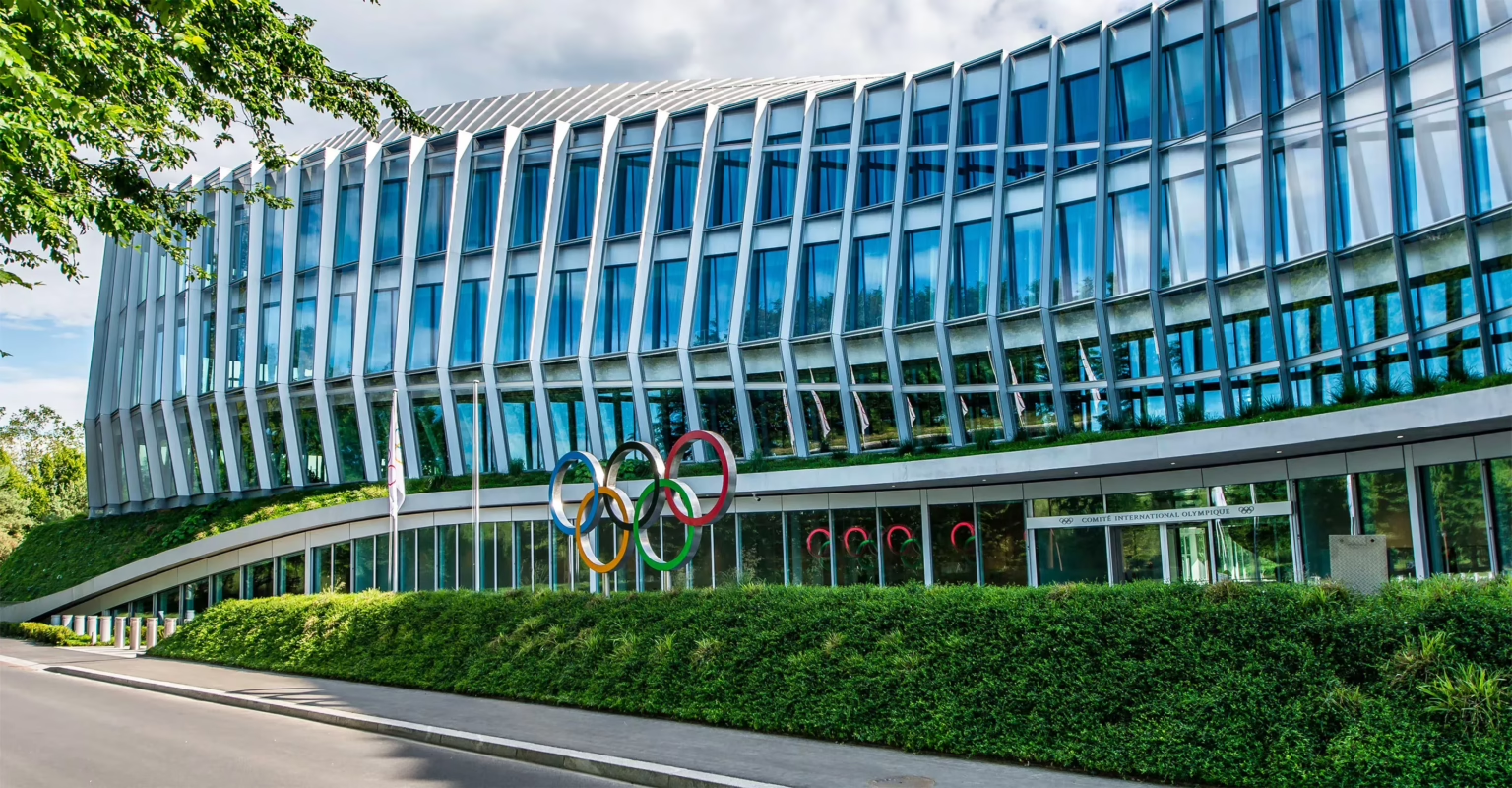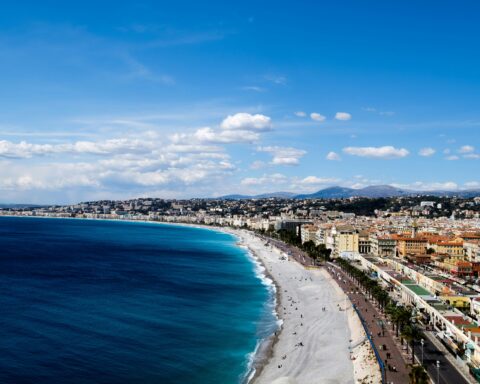For several weeks now, the eyes of the world have been riveted on the City of Light. Paris, host of the 2024 Olympic and Paralympic Games, has become the stage for these quadrennial sporting events. While the surrounding enthusiasm and the feats of French athletes seem to have even convinced some of the most skeptical Parisians, questions remain about the profitability of the event. This is not only for the French capital but also for the International Olympic Committee (IOC), a financial powerhouse that raises numerous concerns.
48. That’s the number of medals won so far by French athletes at the Paris 2024 Olympic Games. This figure gives rise to patriotic pride but also to a new controversy. Indeed, French athletes receive bonuses ranging from 20,000 to 80,000 euros depending on their place on the podium. However, these bonuses are subject to taxation, much to the dismay of David Douillet, double Olympic judo champion, who calls the situation shameful.
This recent controversy is just one of the many thorny issues surrounding these Olympic Games. Equally controversial is the question of the budget allocated to organizing the sporting event. Initially estimated at 6 billion euros, it now seems to be leaning towards 9 billion.
Among the reasons for such a discrepancy, some media like Ouest France cite the IOC’s requirements. This is not surprising, as the organization founded by Pierre de Coubertin is known for imposing strict rules on host countries of the Games.
The International Olympic Committee and the Birth of the Modern Olympic Games
Even today, the IOC brings to life the initiative of Pierre de Coubertin, considered the father of the modern Olympic Games. On June 23, 1894, the baron founded the “International Olympic Committee” during a ceremony at the Sorbonne University in Paris.
He remained president until 1925, the year he resigned due to disagreements with the rest of the Committee, notably over his refusal to accept women athletes in the Olympic Games.
Since then, the IOC has been working to lead the organization of the Games held in different host cities every four years and to uphold the contemporary values of Olympism.

Broadcast Rights, the Crux of the Matter
While the values of friendship, respect, and excellence embody the Committee’s spearhead, it does not mean that the value of money escapes them.
Designated as a non-profit organization, the IOC derives its revenue from broadcasting and marketing rights related to the Games. The Committee commits to using “the revenues generated by the Olympic Games to support athletes and develop global sport,” explains the organization’s website, whose headquarters are located in Lausanne, Switzerland.
The Committee claims to distribute the equivalent of $4.2 million daily to “help athletes and sports organizations around the world.”
To reach such a sum, one must look especially at the broadcasting rights sold to international channels. In 2019, it was revealed that for the Rio Games organized in 2016, France Télévisions paid 45 million euros for the broadcasting rights.
For the Paris 2024 Olympics, while the France Télévisions group once again appears as the official broadcaster, it has been planned that the recording of images and sounds of all events will be handled by an IOC subsidiary, Olympic Broadcasting Services. It is therefore up to this subsidiary to negotiate broadcasting rights with channels for costs that we imagine to be similar to those of Rio.
Staggering Salaries
Last year, the revelation of the salaries earned by the Committee’s top executives stunned the media. According to a document from the U.S. Internal Revenue Service, Christophe De Kepper, the organization’s general manager, earns more than 1,360,000 euros per year.
For his part, IOC President Thomas Bach earned 275,000 euros in 2023.

Asked by the media Radio Canada following the publication of these staggering figures, Magaye Gaye, economist and professor at the Paris Higher Institute of Management, expressed shock: “High salaries undermine the mission of these organizations, especially if they are non-profit. There is, for me, a breach in the transparency process, particularly the one initiated by the IOC in 2015,” said the economist.
It should be noted that the relatively recent corruption scandals involving the Olympic organization – such as the scandals that tarnished the Rio 2016 and Tokyo 2020 Games – had prompted Thomas Bach to present transparency as a priority. However, the 50% increase in the Committee leaders’ salaries over the past five years might continue to raise questions.
Tax Exemptions
The amount of salaries earned by the organization’s members is not the only contentious point. While the budget allocated to organizing the Paris 2024 Games remains speculative, the announcement of exemptions imposed by the IOC has sparked much reaction.
The 2014 revised finance law already mentioned tax exemptions related to the organization of international sporting events. It was a way for France to boost Paris’s bid for the Olympics.
These exemptions applied to profits made in France and French-sourced income paid or received during the competition.
Thus, it was decided that the royalties paid by the OCOG (Organizing Committee for the Olympic and Paralympic Games of 2024) to the IOC based on revenues from its marketing program – estimated at 65 million euros – are among the beneficiaries of these tax exemptions.
The second main entity benefiting from this is the watch brand Omega. As the official timekeeper of the Games since 1932, the Swiss manufacturer enjoys a privileged status giving it tax exemption rights. This rule imposed by the IOC on any city wishing to host the sporting event is justified by Omega’s role as a full-fledged organizer of the Games due to its activity.
According to a report on public financial effort in sports – also known as the “yellow budget” – dating from October 2022, this decision “allows France to meet its commitments to the IOC stemming from the guarantee letter sent by the Prime Minister to the IOC President on August 3, 2016.”
While the final podium of the Olympic Games is not yet known, sports economist Jean-François Bourg might not be entirely wrong in stating that “the only winner known in advance of the Games is the IOC.”
Read also> Paris 2024: For the opening ceremony, Thomas Jolly proves he is indeed a beast of the Seine
Featured Photo: © IOC















